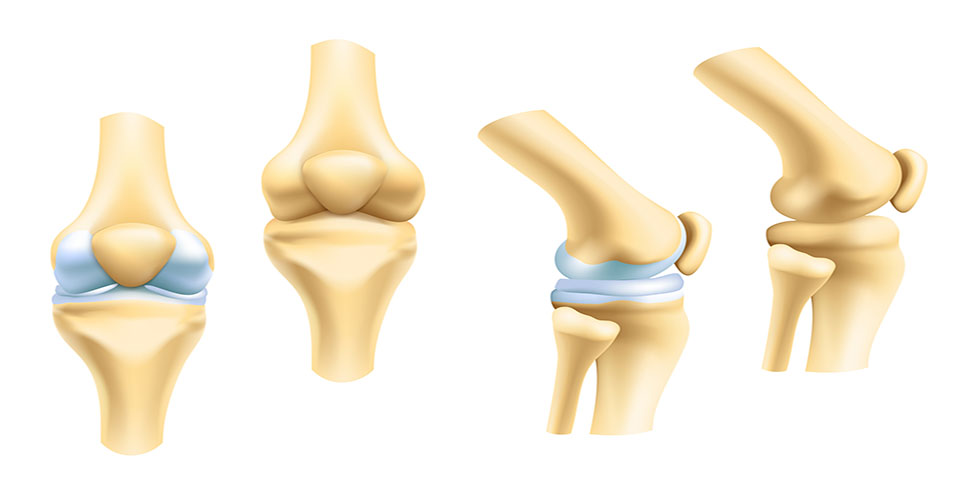teaser
In a new study, duloxetine hydrochloride (Cymbalta), administered at 60 mg to 120 mg taken once daily, reduced pain severity significantly, compared with placebo, in patients with osteoarthritis pain of the knee.
Data from the 13-week randomised, double-blind, placebo-controlled clinical trial were presented at the annual meeting of the American Academy of Pain Medicine (AAPM) in Honolulu, Hawaii.
Duloxetine-treated patients showed greater reductions from baseline on the primary endpoint, the 24-hour average pain score on the Brief Pain Inventory (BPI), compared with placebo-treated patients.
In the study, 65 percent of duloxetine-treated patients experienced a clinically significant (at least 30 percent) improvement in pain, compared with 44 percent of placebo-treated patients.
The duloxetine-treated patients also showed improved physical function, compared with placebo, as measured by the Western Ontario and McMaster Osteoarthritis Index (WOMAC). In this study, patients on duloxetine did not show statistically significant improvements on the WOMAC pain and stiffness subscales compared with placebo.
“With an aging population, the number of people with osteoarthritis of the knee is expected to rise,” said Jacques P. Brown, of the Rheumatology and Bone Diseases Research Group in Quebec City, Canada.
“This condition can have a real impact on a person’s life, limiting functionality and ability to perform day-to-day activities.”
The most common adverse events in the study (occurred at a rate of ≥5 percent and at least twice the rate of placebo) included nausea, constipation and excessive sweating (hyperhidrosis). Adverse events were similar to those seen in previous duloxetine studies.
Osteoarthritis is the most common form of arthritis and the most frequent cause of joint disease, which affects more than 5 percent of all adults worldwide.
Almost 80 percent of patients with osteoarthritis have some degree of limitation of movement, and 25 percent cannot perform their major daily activities of life. In addition to pain, other symptoms of osteoarthritis include aching, stiffness and limited range of motion of the joint.
In Europe, duloxetine is approved for the treatment of diabetic peripheral neuropathic pain (DPNP), major depressive disorder (MDD) and generalised anxiety disorder (GAD).
Duloxetine is approved in various countries outside of Europe for the management of DPNP, for the treatment of MDD, for the treatment of GAD and for the management of fibromyalgia.

